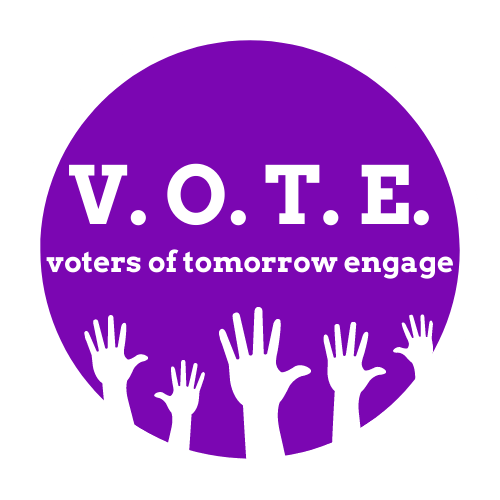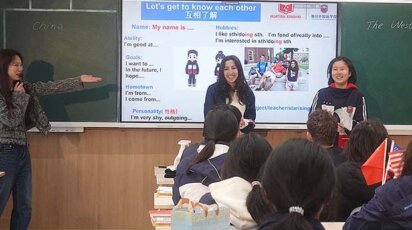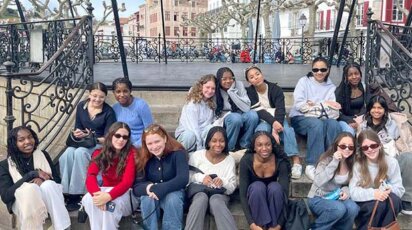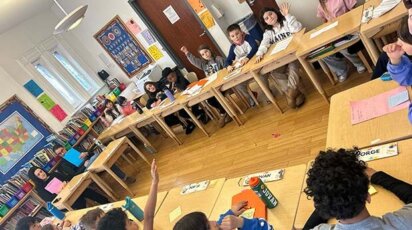News
Students Spearhead Voter Registration Week
Anyone who thinks teenagers are not aware of the importance of voting should speak with Talia Marash ’21 and Olivia Gryson ’21.
Over the past few months, the two students have been hard at work as Poly’s representatives with Voters of Tomorrow Engage (VoTE) organizing voter registration events at private schools throughout the city. VoTE is a student-led organization focused on increasing civic engagement throughout the city, in and out of the classroom.
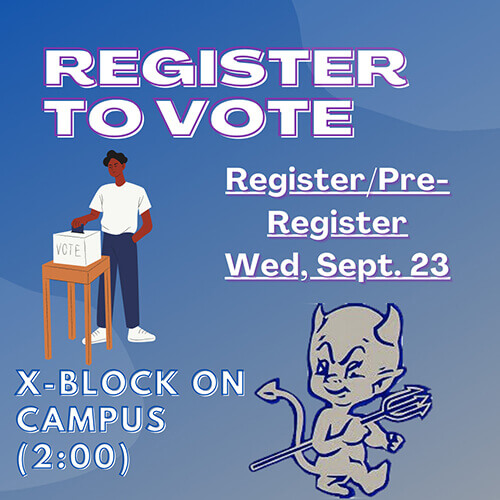
During High School Voter Registration Week, on Tuesday, September 22, Marash and Gryson made resources available to register and preregister Poly students 16 and older. During X-Block on Wednesday, September 23, registration information was distributed in a safe digital manner to students on campus. That afternoon, they were available on a Zoom call to answer students’ questions.
“Students have been extremely excited and interested in learning about the registration process,” said Marash on Wednesday. “There has been a strong outpouring of support from students who either care about voter registration or want to register themselves. On social media, students have been reposting a lot of the information shared, whether that be from the VoTE NYC Instagram or Student Government Instagram. There has been so much student, teacher, and administration support for this necessary cause.”
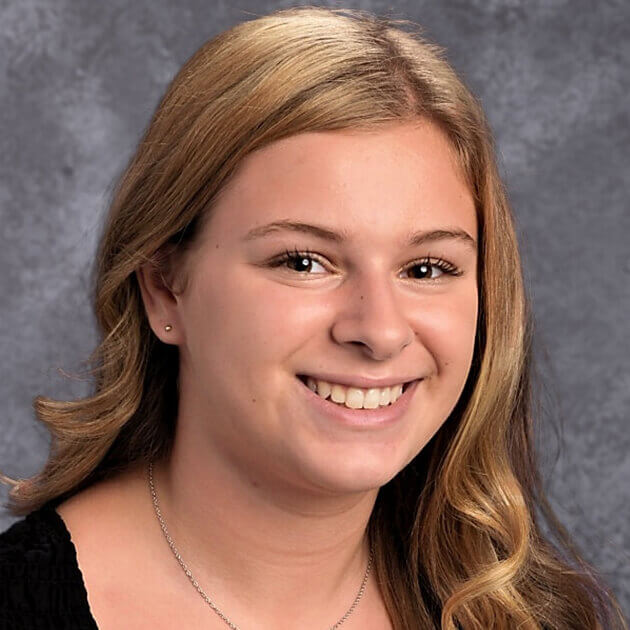
“There has been a strong outpouring of support from students who either care about voter registration or want to register themselves.”
Talia Marash ’21
The registration drive was paperless to maintain social distancing. “I created a QR attached to a LinkTree that we have put up all around the tents and published on social media,” said Marash. “The QR code allows for kids to have contactless access to a congregation of information. The LinkTree provides one place to get access to the online voter registration forms, explanations of the upcoming ballots, how to fill out the voter registration forms, and how to check if you are registered. It allows us to present the same information we would have done in person, but makes sure that everyone is socially distant while staying informed!”
“Students are taking a lot of the work into their own hands,” Marash continued. “We are expecting about 60 registrations and pre-registrations, as there is a whole new year of eligible registrants. There are also students who may not have been prepared to register last year and are preparing to vote in this election.”
“The week that school shut down due to COVID,” Marash explained, “I was running a Civic Action Week at Poly that encompassed a series of voter registration days, as well as meetings and speakers on topics like voter suppression and the power of youth voice.” In two days, she was able to register and pre-register about 70 students. “I saw that, when given the chance, students at Poly want to engage in the political world and think about the power their voice, and subsequently their vote, holds.”
“With students, especially those who are about to turn or are already 18, it is so important that they know how much their vote matters, and if they aren’t registered, then their voice cannot be heard.”
Olivia Gryson ’21
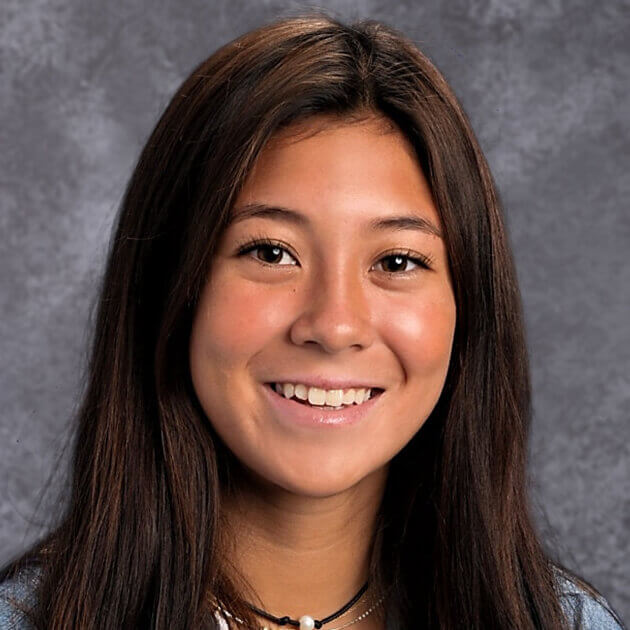
Earlier this year, two students at Dalton, who founded VoTE, had asked Marash to be the Poly representative and she invited Gryson to join her. “I instantly jumped on this opportunity,” Marash said. “The influence that a group dedicated to civic engagement and voter registration in New York City private schools could have would be amazing and would help me learn how to run my own voter registration efforts better. I knew that this voter registration week was not the only effort that this group is working toward, but the effort to create a general consensus that civic action does not have to be a separate entity from in school and social education, but should be intertwined in everything we do. The belief that politics and civic engagement spans all topics is one of my core beliefs that initially got me engaged in this organization, and the passion that Poly students, as well as the students I work with in this organization, have shown is the reason I have stayed so involved over time.”
“By registering,” Marash said, “you are preparing yourself to show up and bring your voice to a wide range of issues. You are not just registering for the presidential elections, but mayoral, congressional, and comptroller elections. Your vote directly translates into policy in these smaller elections. Politics is extremely personal, and a lot of the time the reasoning behind people’s political beliefs stems back to their identity. We live in a time when many feel that the identities of those in government are not reflective of their own. Showing up to vote for state and local elections is a great way to see a change from the ground up and to make sure that issues that are reflective of your personal beliefs and identity are brought to the forefront of politicians’ minds.”
Marash and Gryson shared their thoughts about why there have been low voter turnout numbers among young people. “Historically, teachers and parents often stray away from having political conversations with their students or children as they do not want to confuse or create a hostile environment,” Gryson said. “However, this often does more harm than good. By not having these conversations, younger generations often are less interested in politics. Though there is still a majority of youth voters who wish to get involved, they often struggle to find solid information about who is on the ballot and what they stand for, thus discouraging them from staying engaged.”
“I think that the belief that a vote does not truly create a voice in policy is a large reason why there has been low voter turnout in large elections, but it is also another thing that contributes to a lack of attention paid to state and local elections. It is in these state and local elections that politicians are able to meet directly with their constituency, and where change and policy can really start,” said Marash, “Many young people do not realize the importance of these elections. I do think, however, that the 2016 election was an important wake-up call for many people who thought politics did not affect them before.”

